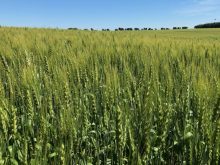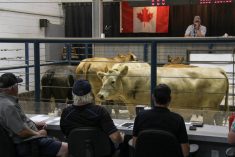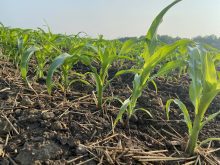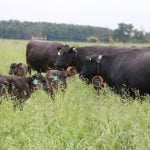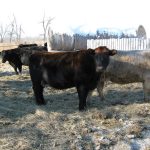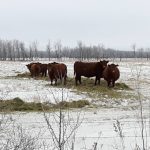Shares in Brazilian food giant JBS fell more than 10 per cent in early trade May 12 after the company posted a wider-than-expected first quarter loss.
It marks the first time the firm has faced difficulties in all countries where it operates.
In a conference call with analysts, JBS global CEO Gilberto Tomazoni sought to reassure investors, saying the results don’t reflect management’s future expectations for the business, despite a tough outlook for its beef and pork operations in the U.S., where it gets most of its revenues.
Read Also
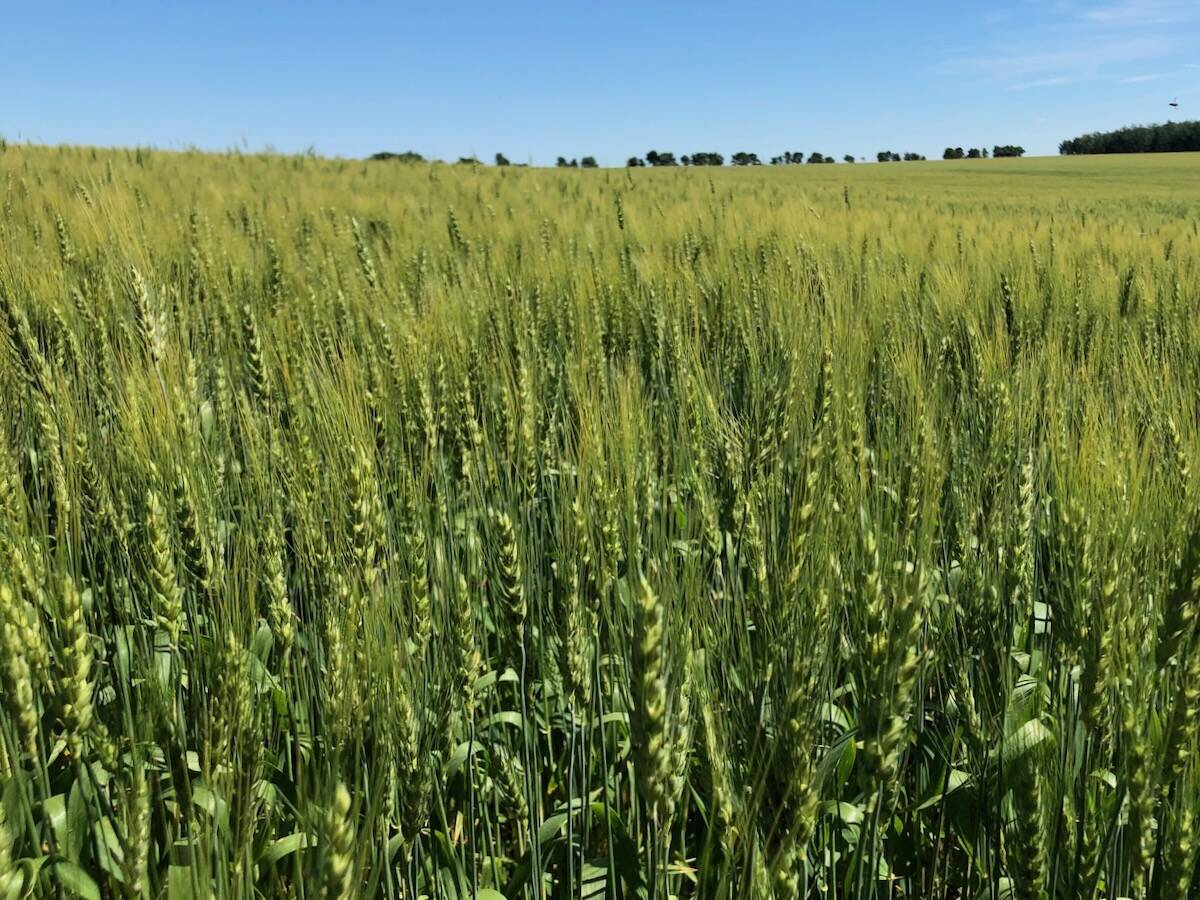
Expert’s Radar: Ups and downs in wheat futures
Recent strength in wheat futures is partly tied to ideas that the U.S. crop won’t be as big as officially projected, but world supplies remain burdensome and Southern Hemisphere harvests are coming to market.
Tomazoni suggests Brazil’s Seara unit will recover faster, saying operating adjustments and lower corn prices will likely improve margins for the processed food division in the short term.
Brazil’s beef operations will also benefit from the end of an export ban on shipments to China, he added.
Last quarter, margins of JBS’s U.S. beef business were eroded by tight cattle supplies, which increased the price of livestock.
According to Wesley Batista Filho, who recently took the CEO role at JBS USA, U.S. beef margins will stay “in the low single digits” until the beginning of 2024 because of low cattle availability.
However, as the industry reduces slaughter of cows, cattle inventories may begin to improve this year, he noted.
Goldman Sachs analyst Thiago Bortoluci said JBS management tried to show optimism after a difficult quarter, highlighting the imminent grilling season in the U.S. and lower grain costs for Seara.
“But, with the weak results … and the downward revision to [competitor] Tyson’s guidance this week, we believe the short-term risk-reward might be skewed to the downside,” Goldman Sachs said.
On a more global note, Tomazoni said Asian demand for beef should rise. JBS exports to China, using plants in Brazil and in the U.S., and is well positioned to cater to that demand, he said.



